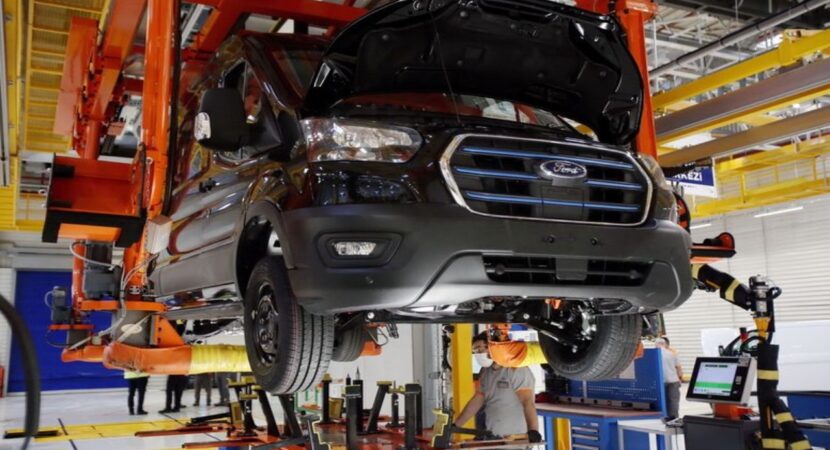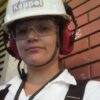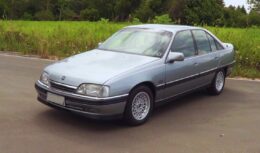
Technology geofencing, tested by Ford, which push the boundaries of the real world in the virtual world, allows cars to slow down in school and hospital areas!
New technology tested by multinational vehicle manufacturer Ford allows cars to slow down near school and hospital areas. Studies carried out in the city of Cologne, Germany, make technology geofencing more present in everyday life.
The US company's goal is for cars to reach lower speeds near restricted areas, because they believe that this technology can reduce fines and accidents due to speeding.
Watch the video below and check out this technology tested by the American multinational vehicle manufacturer that promises to reduce fines and traffic accidents!
An important point to be emphasized is that, in addition to the benefits already mentioned, there is also the factor of visual pollution, which will be much smaller. The idea is that traffic signs are removed as they adapt to the geofencing, even because some signs are already a big obstacle when driving, as they are hidden.
The tests will last around 12 months, and the speed should vary from 30 km/h to 50 km/h, depending on the region.
Technology geofencing is being tested in electric Ford E-Transit vans
A geofencing is being tested in two electric Ford E-Transit vans in Cologne, Germany. In theory, the project would be something very close to an autopilot, but according to Ford it is something “potentially more flexible and effective”.
More practically, the geofencing used by Ford uses GPS or radiofrequency, which determine the limits of the real world in the virtual world, that is, specific regions can be demarcated for certain alerts or interactions to occur.
Applying in the case of Ford, the areas with the greatest flow of people or hospitals, for example, are determined by the company and tracked by the GPS. Once associated with the new technology, the vehicle automatically slows down.
Another important point to comment on is that Ford's future plans consist of transferring the power to determine the regions to the drivers themselves, making the technology more flexible and adaptable to everyday life.
Ford's projects go far beyond this: new ways to reduce pollution generated by automobiles, improving air quality, and the possibility of connecting traffic lights so that public services can move through the city more fluidly and thus help the population more practice are being studied.













Army summons Brazilians with up to…
Come be a watermelon, you too
Air Force F-16 fighters…
Everything is fine, 100-year secrecy,…
Air Force F-16 fighters…
Well... It's flying scrap... Typical...
Air Force F-16 fighters…
Which genocide are you talking about? Than…
They discover the third largest deposit…
That’s why all foreigners and NGOs…
You didn't read the article, right?
Before commenting, read the article, 100%…
You didn’t read the article, right friend?…
China carried out agrarian reform, which…
Nobody cares what you want, the...
It's written in 100% private matter, no...
Private project, 🤣🤣🤣🤣, my friend at least…
What a pity